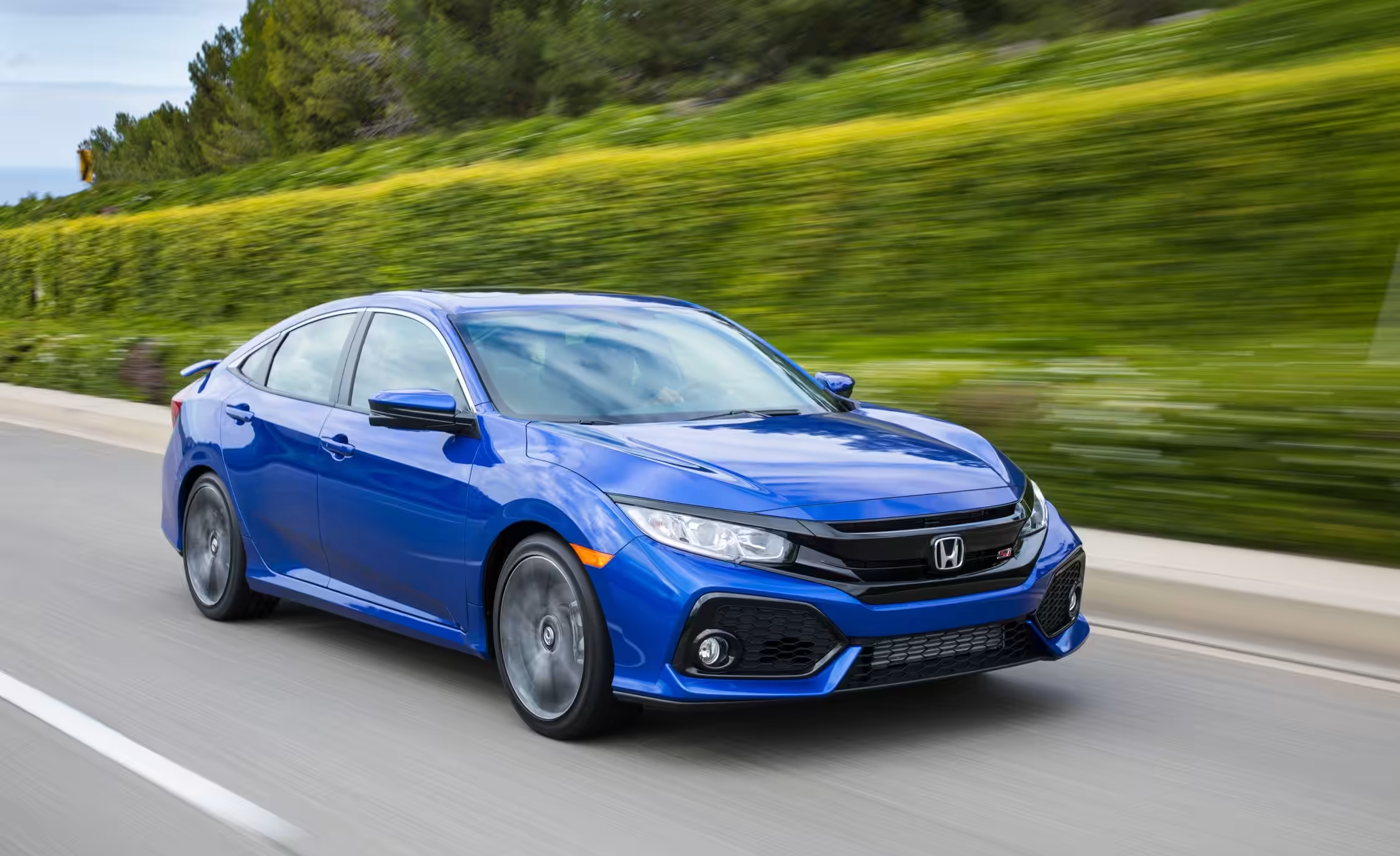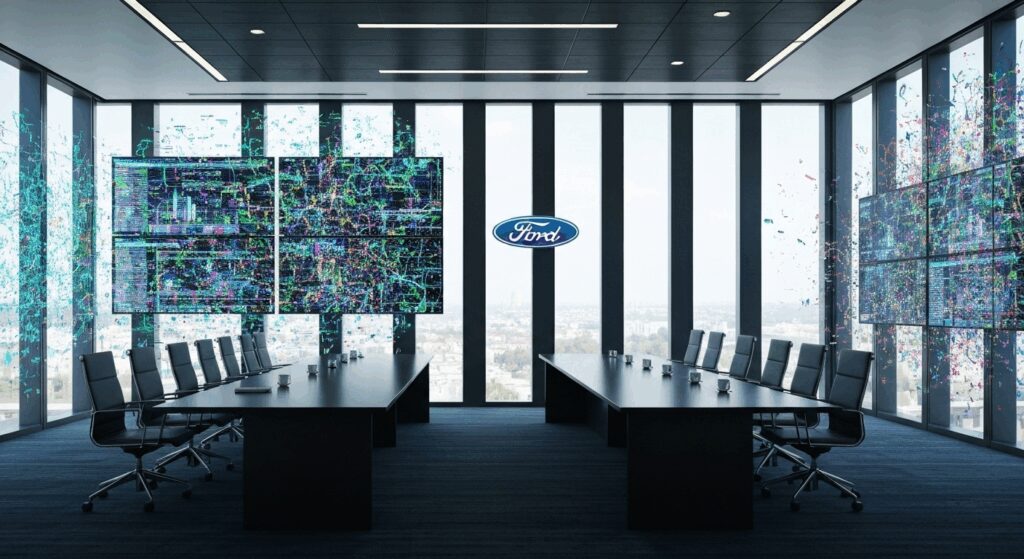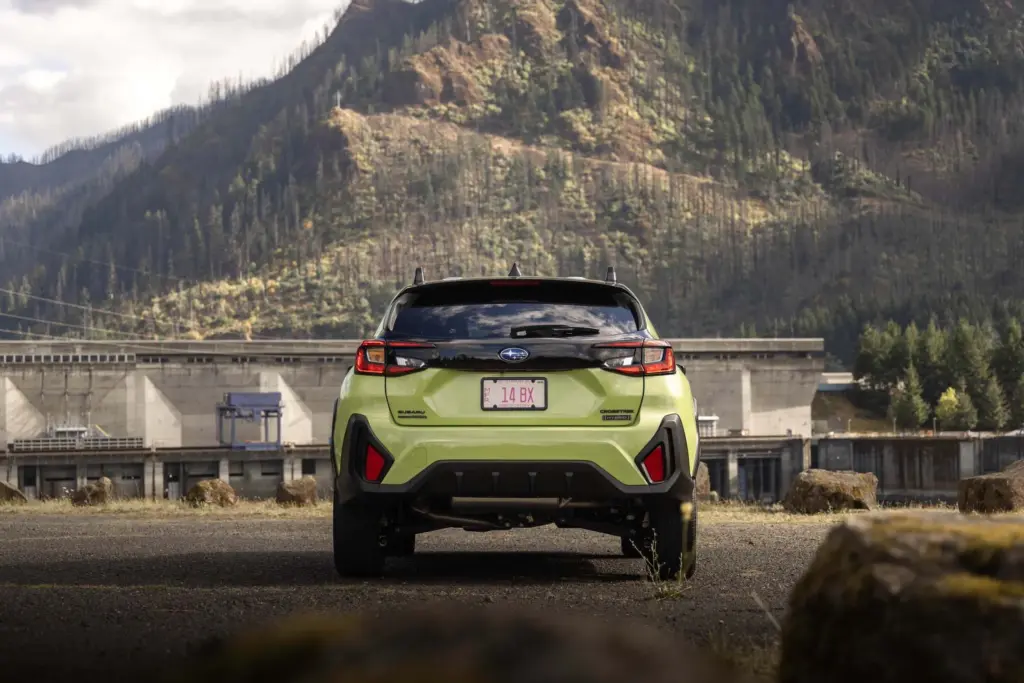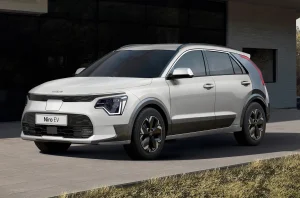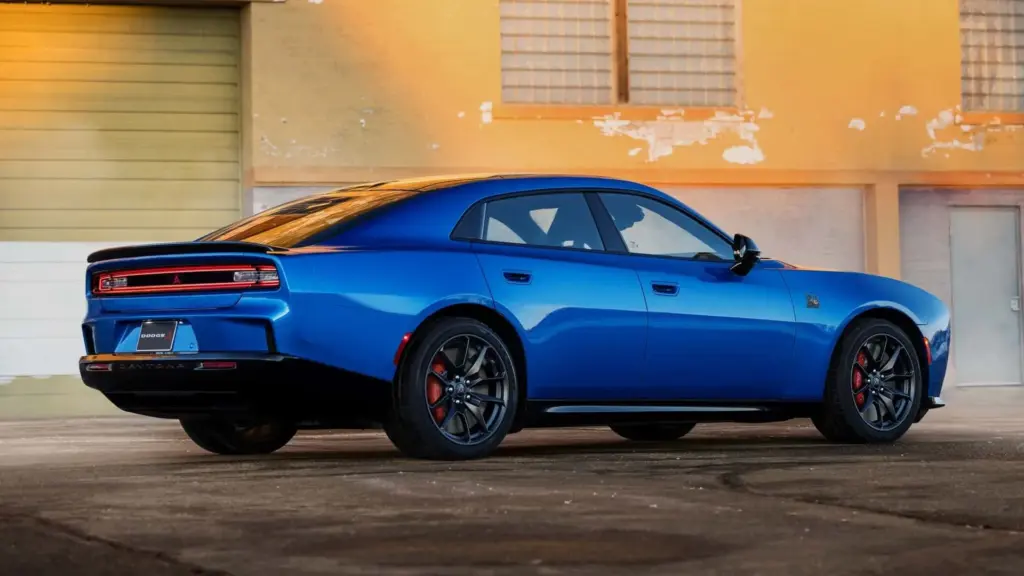The Honda Civic has established itself as one of the cornerstones of the global automotive market, recognized for its history of efficiency, practicality, and overall reliability. Since its introduction, the Civic has been an influential compact model, shaping the segment and earning a solid reputation among consumers in various markets. While Honda is widely regarded as a brand with a strong emphasis on durability and low maintenance costs, it is essential to critically examine the specific issues that have arisen in different iterations of the Civic over the years.
Transmission Issues
Some generations of the Honda Civic are particularly well-known for experiencing significant problems with their transmissions. An analysis of international reports reveals that the seventh generation of the Civic, produced between 2001 and 2005, stands out as having faced widespread issues with automatic transmissions. Owners of this generation reported a variety of problems, including unexpected gear slipping, irregular shifting patterns, and in some cases, complete transmission failure. These issues manifested through abnormal noises, difficulties in engaging gears, and jolting during driving.
The repair costs for these transmission failures could be considerable, with estimates ranging between $2,000 and $4,000. Some owners reported transmission replacement costs in the range of $2,300 to even $4,000. A possible cause for these problems lies in a design or material defect in the torque converter. It was also suggested that overheating, due to excessive slipping of the torque converter at low speeds and on mountainous roads, could contribute to premature transmission degradation. Additionally, defective clutch packs were mentioned as another possible cause for the failures. The model years most affected by these transmission issues in the seventh generation include 2001, 2002, 2003, 2004, and 2005.
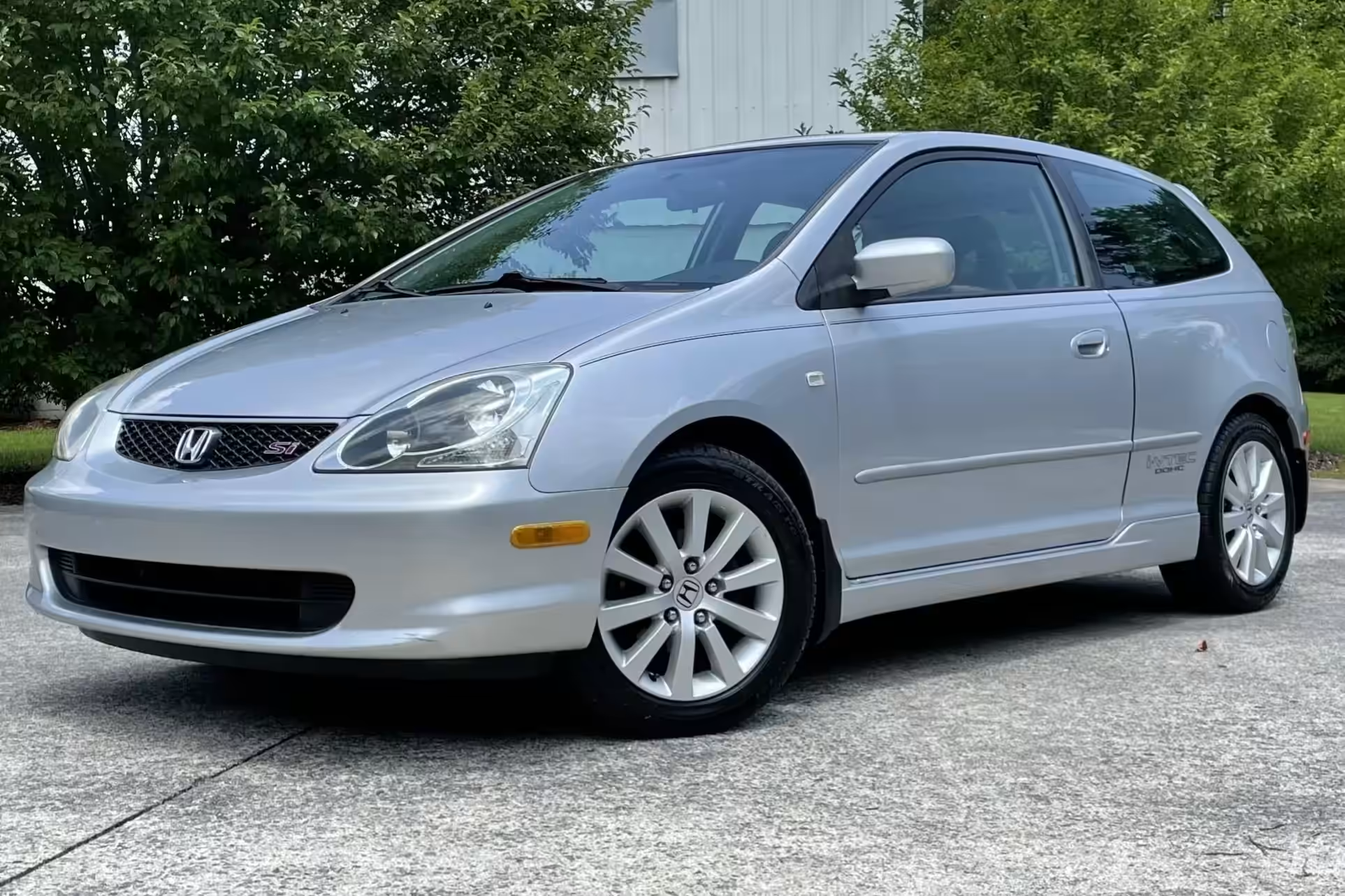
In response to these issues, Honda issued a recall in 2004 covering models from 1999 to 2004 (including Accord, Civic, and Odyssey) due to premature transmission failures, costing the company an estimated $153 million. Although there is no mention of a specific warranty extension for this generation in the materials analyzed, some owners reported receiving assistance in the form of “goodwill repair” when contacting Honda customer service.
Other generations of the Honda Civic also experienced transmission issues, albeit on a smaller scale. The sixth generation (1996-2000) saw the HX model with a continuously variable transmission (CVT) experience reliability problems if the transmission fluid was not changed at the recommended intervals. The ninth generation (2012-2015) was subject to a recall for models equipped with CVT due to a software issue that could lead to the failure of the input shaft pulley. Overall, the importance of regular transmission fluid maintenance is often highlighted as a crucial factor for the longevity and proper functioning of the transmission in any vehicle, including the Honda Civic.
Engine Issues
An analysis of the mechanical problems of the Honda Civic across different generations reveals some recurring issues related to the engine. The eighth generation (2006-2011) is particularly notorious for problems with cracks in the engine block, especially in models produced between 2006 and 2008, as well as in early 2009 models equipped with the 1.8-liter R18A1 engine. These cracks in the engine block frequently resulted in coolant leaks and, consequently, engine overheating. The model years most affected by this issue were 2006, 2007, and 2008, along with some models from 2009. The extent of the damage could be significant, leading in some cases to the need for complete engine replacement.
In response to this widespread issue, Honda implemented corrective measures, including extending the engine block warranty to 8 years and later to 10 years with unlimited mileage for models from 2006 to 2008 and early 2009. The company also issued a Technical Service Bulletin (TSB) to inform dealerships about the problem and the necessary repair procedures.
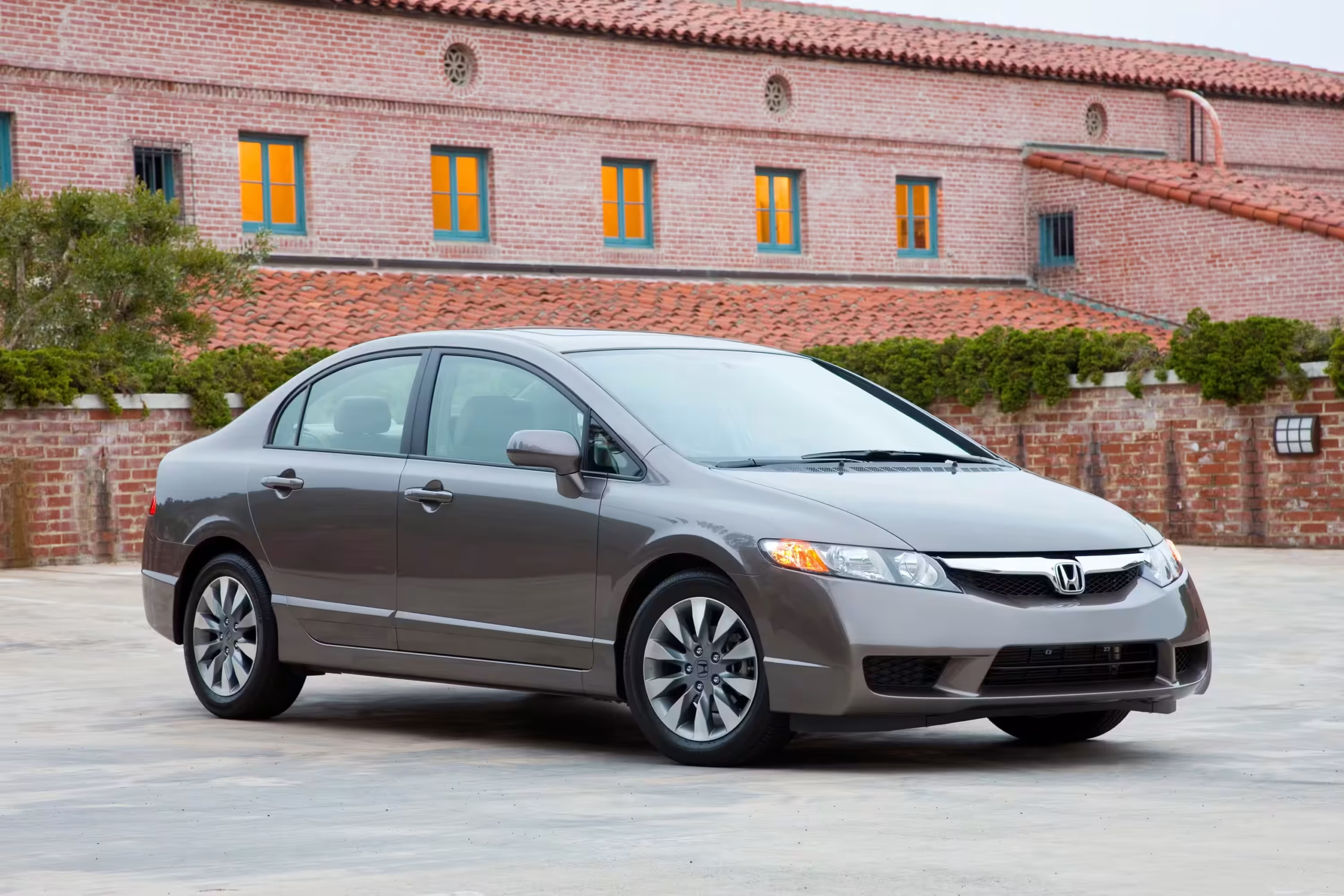
The tenth generation of the Honda Civic (2016-2021) faced a different engine-related issue, specifically oil dilution in models equipped with a turbo engine. This issue involved fuel mixing with engine oil, which could lead to oil degradation and potential premature wear of internal engine components. The model years most affected by this issue were 2016, 2017, and 2018. Honda responded to this problem by extending the engine warranty to 6 years with unlimited mileage for models from 2016 to 2018. Additionally, a software update was made available for 2019 and 2020 models aimed at reducing the likelihood of oil dilution.
Other engine problems reported in various generations of the Honda Civic include excessive oil consumption in some models, unusual noises coming from the engine, and the illumination of the check engine light. There was also a mention of a thermostat gasket issue in some generations, which could cause minor coolant leaks.
Electrical Issues
Failures and inconsistencies in the electrical system have been a source of concern for some Honda Civic owners across its various generations. The eighth generation (2006-2011) in particular seems to have experienced significant electrical system failures. Specific problems reported for this generation include malfunctioning radios, intermittent loss of power steering assist, and issues with the vehicle’s immobilizer system. Additionally, some owners noted premature battery drain and malfunctioning door actuators. A possible underlying cause for some of these electrical problems may be related to failures in the Electric Load Detector (ELD).
The ninth generation (2012-2015) also exhibited some electrical problems. These include malfunctioning 12V outlets, difficulty in shutting off the keyless start-equipped car due to a possible misalignment in the transmission cable, and battery drain. Some owners reported dashboard lights flashing intermittently and occasional failures of turn signals and the windshield washer pump.
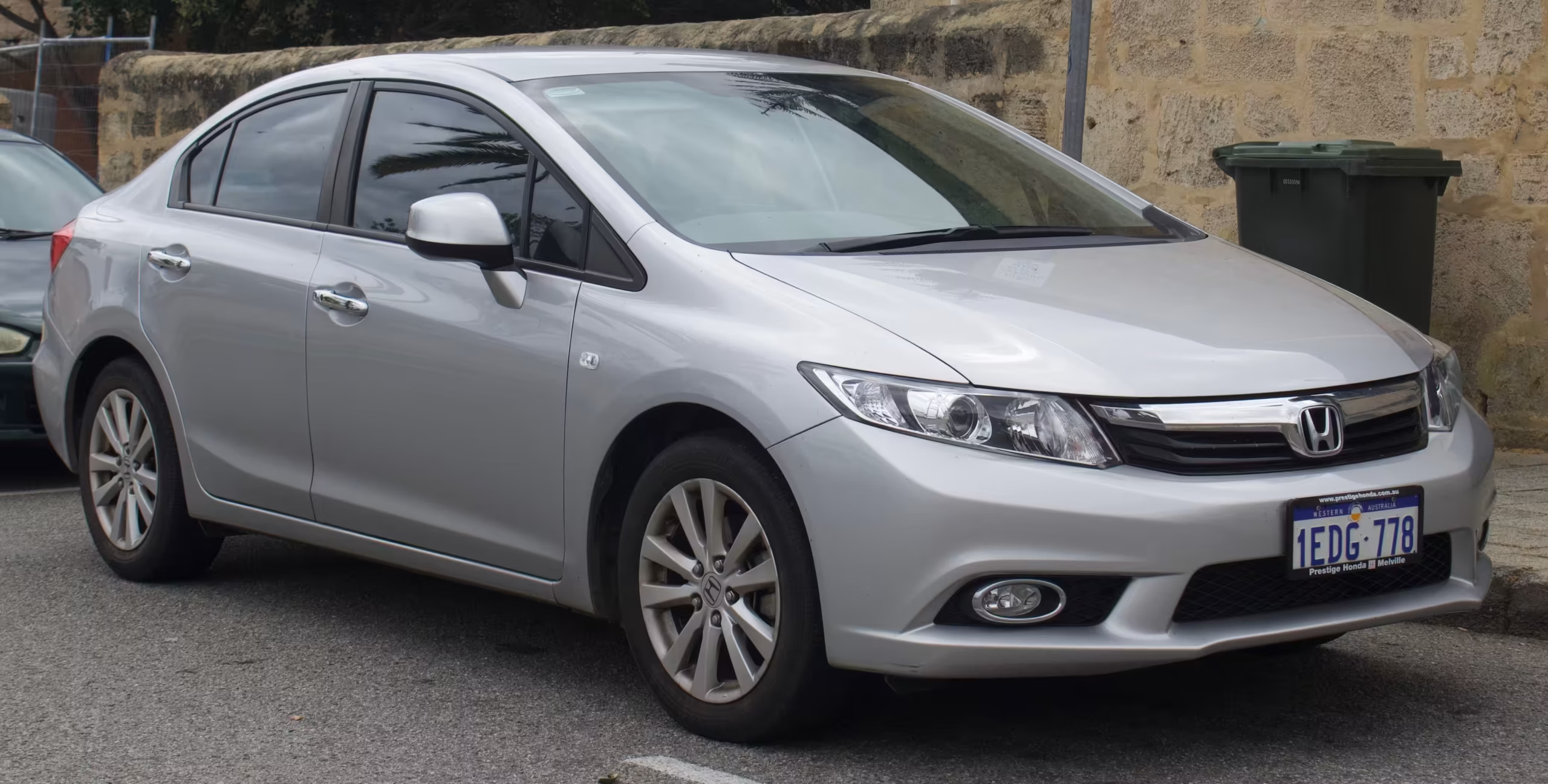
In the tenth generation (2016-2021), the most common electrical problems appear to be related to technology and accessories. Bluetooth connectivity issues and malfunctioning air conditioning systems were reported. Additionally, some owners mentioned problems with interior accessories.
Overall, the analysis suggests that issues with inadequate grounding may be an underlying cause of various electrical failures observed in different generations. It was also noted that discharged batteries can lead to more complex electrical problems, including failures in the Electronic Control Unit (ECU) and the Multiplex Integrated Control Module (MICU).
Suspension Problems
Suspension-related problems have been a concern for some Honda Civic owners, affecting tire wear, driving comfort, and the occurrence of abnormal noises. In the seventh generation (2001-2005), wear of suspension components was reported. The sixth generation (1996-2000) had a specific problem of “clunk” noise in the front suspension when going over bumps, caused by loosened bolts in the upper arms.
The eighth generation (2006-2011) faced a more significant issue related to premature wear of the rear tires. This problem was attributed to improper alignment, specifically excessive negative camber, due to rear upper control arms that were originally too short. Although there was a Technical Service Bulletin (TSB) to address this issue, it has since expired. In addition to tire wear, noises in the suspension of this generation were also reported, as well as problems with the shock absorbers.
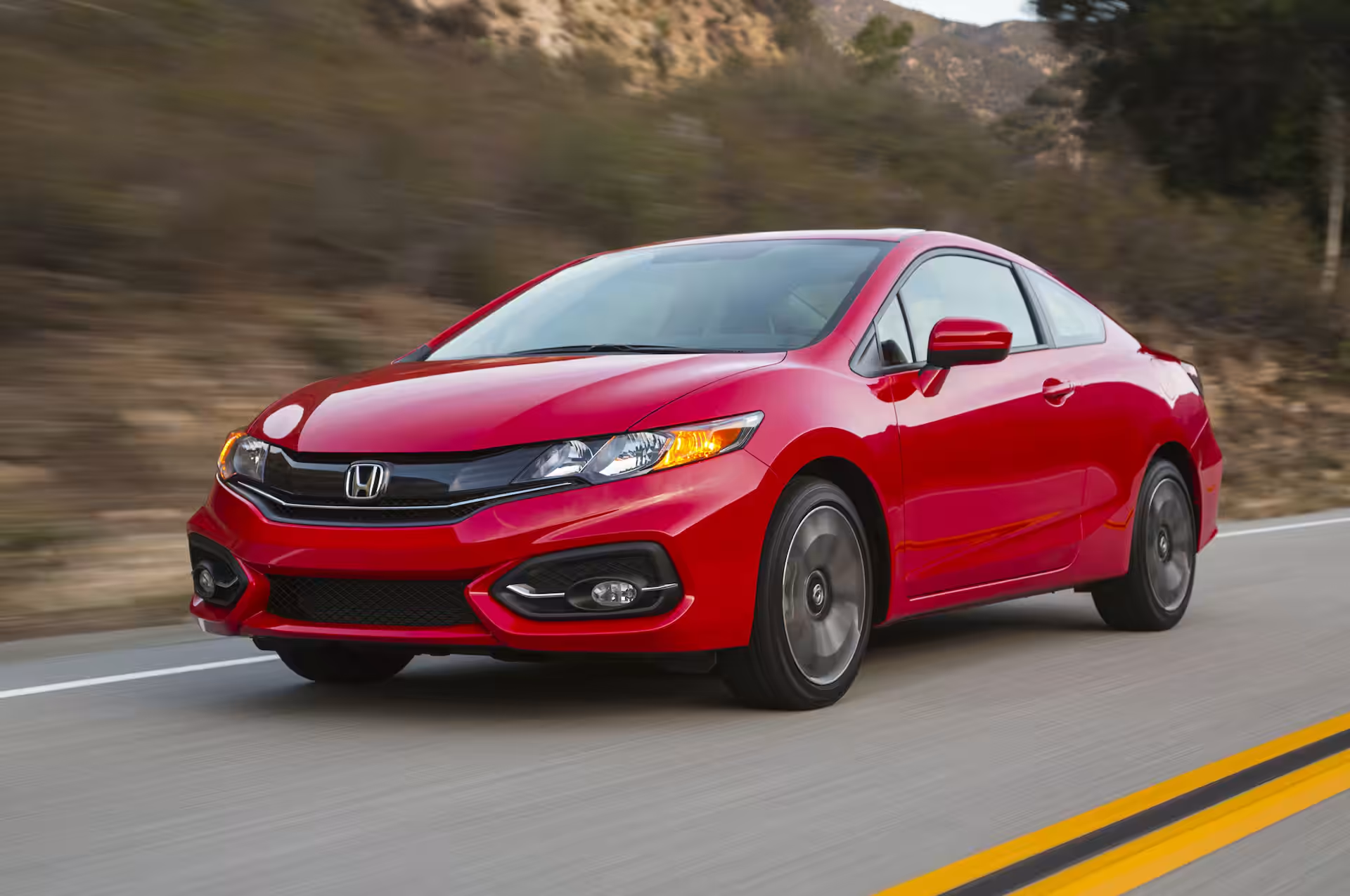
The ninth generation (2012-2015) had a problem of “grinding” or “clicking” noise when accelerating and turning simultaneously. This noise was identified as being caused by a defective CV joint.
In general, uneven tire wear is a common indicator of suspension problems in any vehicle. Noises such as clicks, thuds, and creaks when going over bumps are frequent symptoms of suspension issues in the Honda Civic across its generations. The ride quality provided by the Civic’s suspension has been criticized by some owners, especially under less-than-ideal road conditions.
Electronic Issues (Auxiliary Systems)
In addition to general electrical problems, the Honda Civic has exhibited failures in auxiliary electronic systems throughout its various generations. The seventh generation (2001-2005) saw reports of malfunctioning electronic control panels, as well as issues with airbag sensors that led to warning lights being illuminated. Unexpected activation of the ABS system and sporadic failures of traction control were also mentioned.
The ninth generation (2012-2015) was the subject of recalls related to components affecting safety in the event of a collision, such as the steering column support and the transmission retaining clip. There was also a recall due to a software issue in the CVT transmission. Other electronic problems reported for this generation include illumination of the check engine light for the cooling system and issues with the keyless start system, where the car might not turn off properly.
The tenth generation (2016-2021) faced significant issues with the infotainment system, including freezing, response failures, black screens, and problems with the rearview camera. Bluetooth and USB connectivity failures, as well as issues with the navigation system and climate control, were also reported. The 2016 model was specifically the subject of a recall due to Bluetooth connectivity issues. Furthermore, some owners reported problems with the Honda Sensing system, a suite of driver assistance technologies.
The most recent generation, the eleventh (2022-Present), has also seen reports of intermittent problems with the infotainment system, such as freezing, black screens, and connectivity issues with CarPlay. Parking sensor issues have also been mentioned. Additionally, there was a recall for issues related to steering.
Overall, issues with airbags, particularly those related to the Takata recall in older models, have resulted in multiple recalls across several generations. The infotainment system seems to be an increasing source of problems in newer models, with reports of instability and failures affecting various functionalities.
Most Affected Model Years and Manufacturer Actions
Certain model years of the Honda Civic have consistently presented a higher number of problems across various categories. The year 2001 stands out as particularly problematic, with significant reports of transmission failures and a wide array of recalls, encompassing issues such as airbags and the fuel system. In fact, the 2001 model is often considered one of the worst years for the Civic in terms of reliability.
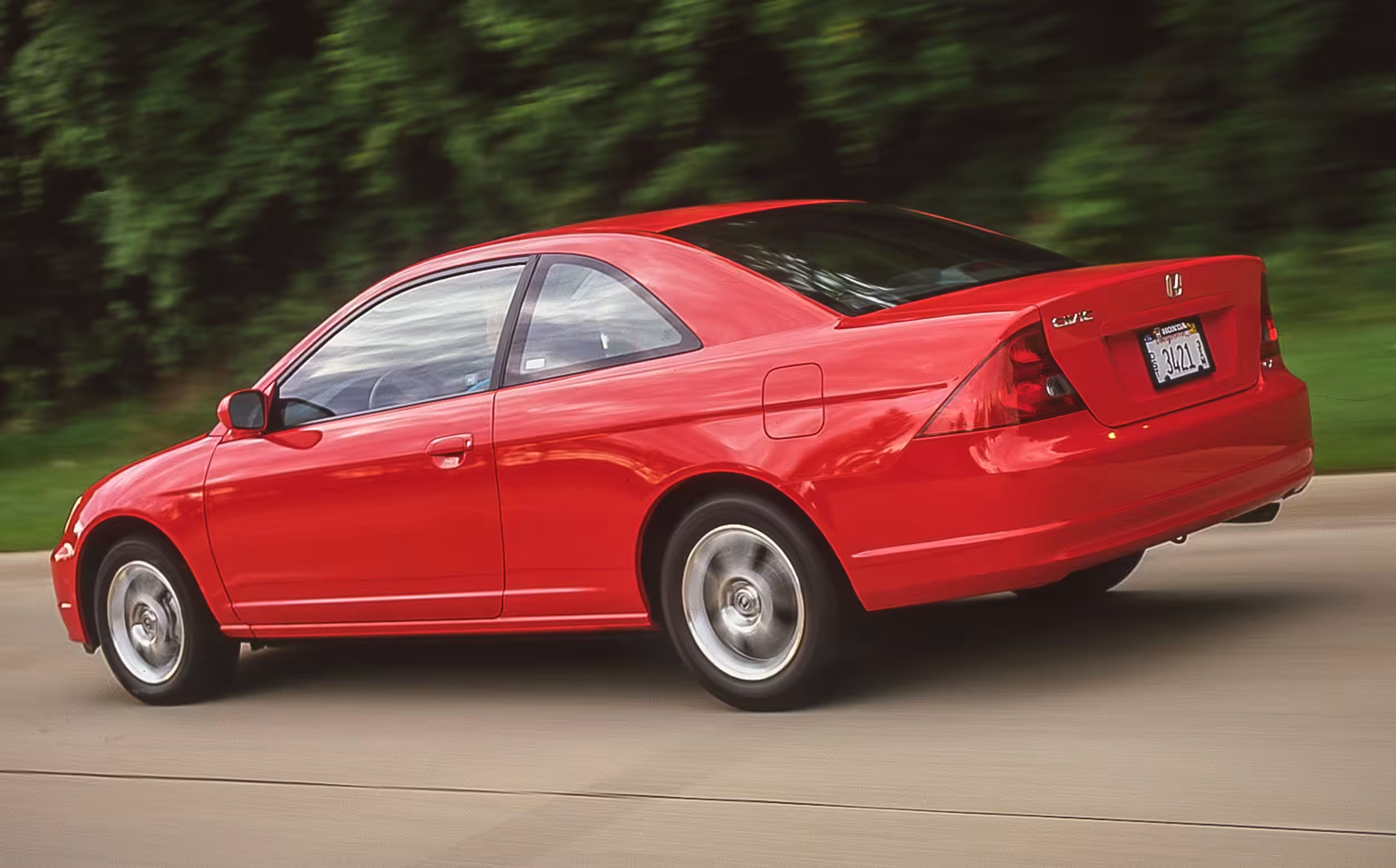
The hybrid models produced between 2003 and 2005 also faced challenges, primarily related to the hybrid battery, which had a relatively short lifespan and high replacement costs. The period from 2006 to 2008 was marked by engine block cracking issues and consequent coolant leaks, along with some electrical problems. The year 2012 saw reports of quality control and performance issues, as well as failures in the electrical system and internal components. Premature battery drainage was also a concern for some owners of 2012 models. Finally, the year 2016 presented technical problems with the engine and electrical systems, including oil dilution in turbo models. Bluetooth connectivity issues, air conditioning malfunctions, and infotainment system failures were also reported for the 2016 model.
In response to these issues, Honda implemented several corrective actions. For transmission problems in the 2001-2005 models, there was a recall in 2004 for some models, and the company offered repairs on a goodwill basis. For engine block cracking issues in the 2006-2008 models, Honda extended the block warranty to 8 and then 10 years, in addition to issuing a Technical Service Bulletin (TSB) to guide dealerships on repairs. Regarding oil dilution in the 2016-2018 models, Honda extended the engine warranty to 6 years and provided a software update for 2019-2020 models to mitigate the problem. Throughout various generations, Honda has issued multiple recalls for safety-related issues, including airbags (especially those from Takata) and steering-related concerns.
The table below summarizes the most common problems by generation, the specific model years affected, and the corresponding actions taken by Honda (if known):
Summary of Common Honda Civic Problems by Generation and Honda Actions
| Generation | Most Affected Model Years | Main Problem | Honda Actions |
|---|---|---|---|
| 7th (2001-2005) | 2001-2005 | Automatic Transmission Failure | Recall in 2004 for some models; “Goodwill repair” on a case-by-case basis. |
| 8th (2006-2011) | 2006-2008 | Engine Block Cracking | Extended block warranty to 8 and then 10 years; TSB for repairs. |
| 9th (2012-2015) | 2012 | Electrical Problems | No specific recalls found for widespread electrical issues. |
| 10th (2016-2021) | 2016-2018 | Engine Oil Dilution | Extended engine warranty to 6 years; software update. |
| 10th (2016-2021) | 2016-2020 | Infotainment Problems | Class action lawsuits filed against Honda. |
| Multiple Generations | Various | Defective Airbags (Takata) | Multiple recalls over several years. |
| 9th (2012-2015) | 2012-2015 | CVT Problems (some models) | Recall for CVT software update. |
| 8th (2006-2011) | 2006-2009 | Uneven Rear Tire Wear | TSB (expired) for replacement of upper control arms. |
| 11th (2022-Present) | 2022-2025 | Steering Problems | Recall for repair/replacement of steering box. |
Maintenance Costs and Reliability
The average maintenance costs for the Honda Civic vary across different generations. International estimates suggest that annual repair costs for the 2001-2005 models range between $850 and $1,200, while for the 2006-2009 generation, these costs can vary from $950 to $1,500. The year 2012 appears to have higher costs, estimated between $1,100 and $1,700, while 2016 models show average costs of $800 to $1,300. Common major repairs include transmission rebuilds for the 2001-2005 models, engine system repairs for the 2006-2009 generation, replacement of electrical components for the 2012 model, and diagnostics of sensors and computer for the 2016 model.
The overall reliability of the Honda Civic has generally been positive, but some model years are considered more reliable than others. Years to avoid due to multiple problems and recalls include 2001-2005, 2007-2009, and 2011. On the other hand, years considered more reliable include 1992-1995, 1996-2000, 2010-2011, 2012-2015, and 2017-2020. The 2014 and 2015 models are particularly praised for their reliability and low maintenance costs.
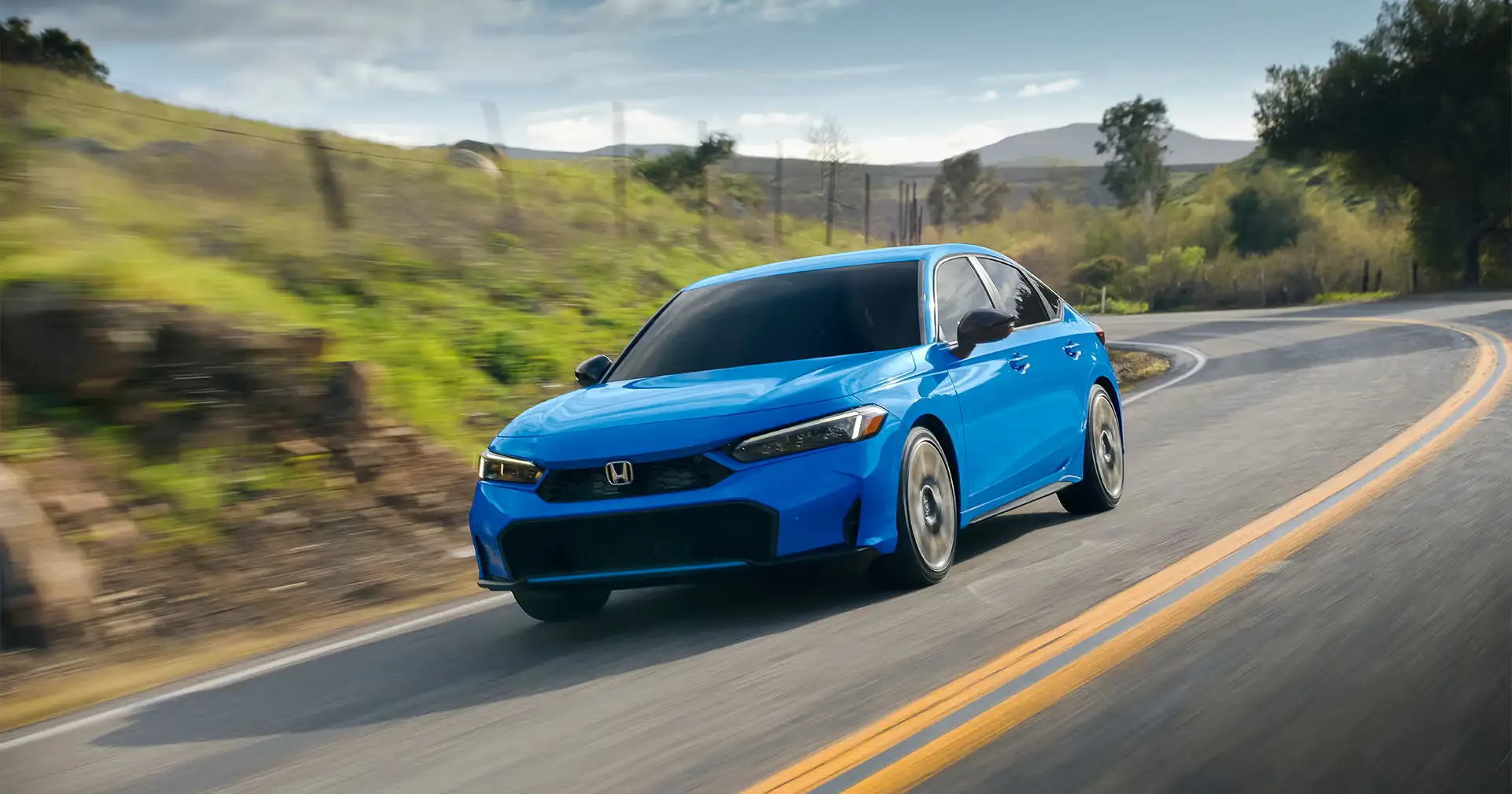
An analysis of the common problems of the Honda Civic across different generations reveals that while the model enjoys an overall reputation for reliability, certain generations and model years have faced significant challenges. Transmission issues in the 2001-2005 generation, engine block cracks in the 2006-2009 generation, and electronic problems in newer models are notable areas of concern.
For potential buyers of used Honda Civics, it is crucial to conduct a thorough pre-purchase inspection and check the vehicle’s maintenance history and recalls. It is advisable to have the vehicle inspected by a qualified mechanic, paying special attention to the problem areas identified for each generation. The recall history can be checked using the vehicle identification number (VIN) on Honda’s and the National Highway Traffic Safety Administration (NHTSA) websites. Obtaining detailed maintenance records can provide valuable insights into how the vehicle has been cared for. If reliability is a top priority, it may be prudent to consider purchasing models from years that are generally regarded as more reliable. Ultimately, thorough due diligence can help buyers make informed decisions and avoid potential future issues.
Author: Fabio Isidoro
Founder and editor-in-chief of Canal Carro, he dedicates himself to exploring the automotive universe with depth and passion. A car and technology enthusiast, he produces technical content and in-depth analyses of national and international vehicles, combining quality information with a critical eye for the public.

